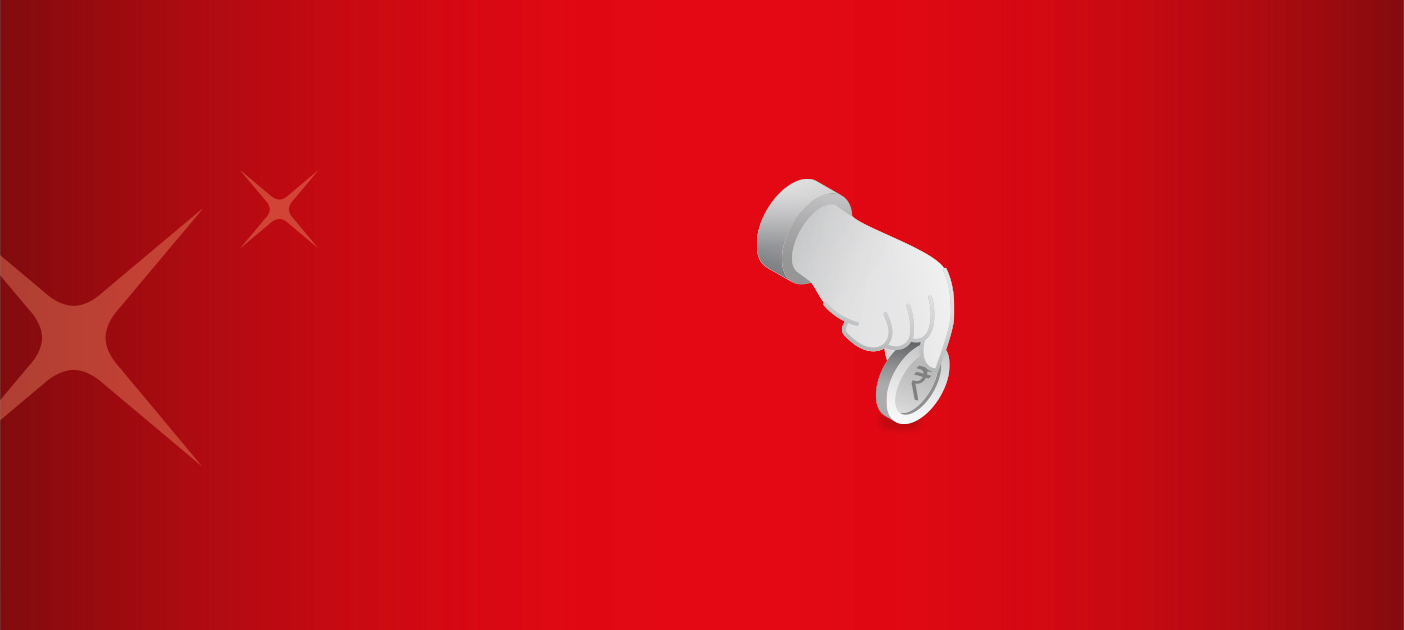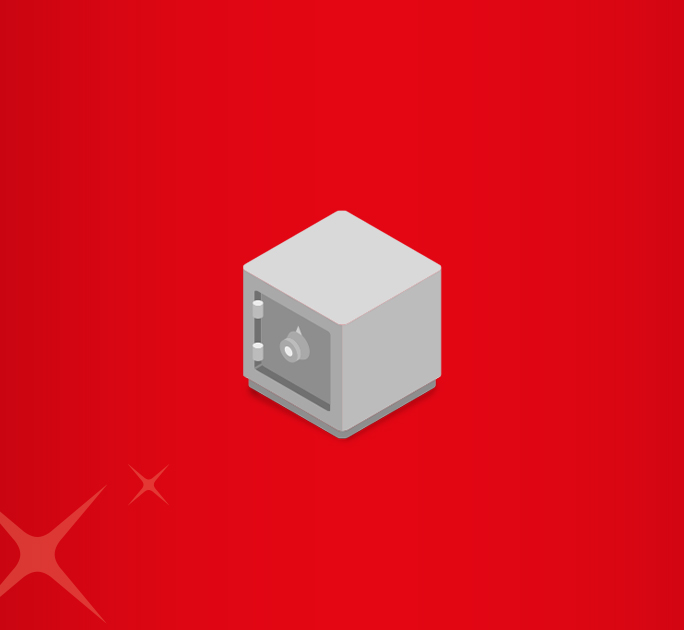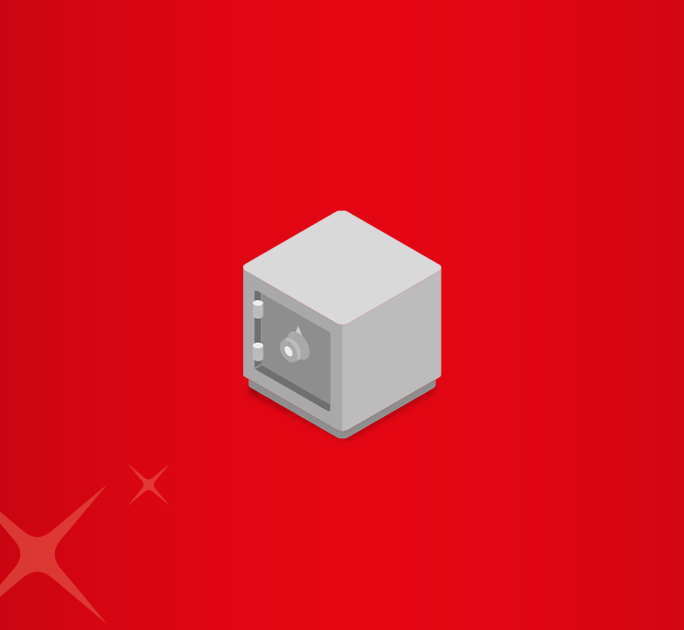- Save
- Invest
- Borrow
- Pay
- More
- NRI Banking

Types of Deposit Accounts
Types of deposit accounts are Savings Accounts, Current Accounts, Salary Accounts, Fixed Deposits, & Recurring Accounts.
Key Takeaways
- Banks offer various types of deposit accounts.
- You can open savings, current, and salary accounts.
- You can also open fixed and recurring deposit accounts.
- You can withdraw sums easily from all accounts except FDS and RDs that come with early withdrawal penalties.
- You also have to maintain minimum balances in most types of deposits.
Introduction
A bank is a place where you can deposit your money in an account and withdraw it as needed. In some accounts, you have to maintain specific balances, whereas you may not be required to maintain any balance in others. Similarly, you can easily withdraw money from some accounts, but you may have to pay the penalty for withdrawal on others. Furthermore, there are no restrictions on transactions on some accounts, whereas others come with daily or monthly transaction limits. Essentially, you need to know about the different types of account deposits offered by banks. Continue reading this article to learn more.
Types of Account Deposits
Primarily there are five types of account deposits. They are as under:
-
Savings Accounts
A Savings Account is a basic bank account that most of us have. This is an account where you can deposit your money and earn interest on the deposits. You always have to maintain a minimum balance as specified by your bank in this account. The minimum balance requirement can range from INR 500 to INR 10,000 to INR 100,000, depending on the bank and account type. While you can deposit and withdraw funds through ATMs, there are usually some transaction limits on Savings Accounts regarding both in-bank and ATM transactions. Savings Accounts are of various types, including individual accounts, joint accounts, women, children, senior citizens, and privileged accounts.
With DBS Bank app, you can open a new Savings Account in a few minutes! Download the app to get started.
-
Current Accounts
Unlike a Savings Account, which is designed to help you deposit, save, and grow your money, A Current account is a type of deposit meant for your business transactions. This is an account you should open to deposit and withdraw cash for business purposes. Banks usually provide unlimited daily transactions, with no restrictions or caps on the sums withdrawn or deposited in Current Accounts. That said, the minimum balance requirements for Current Accounts are generally higher than those on Savings Account deposits.
-
Salary Accounts
Although a Salary Account is also a type of Saving Account, it stands apart as your employer opens it for you for the sole purpose of depositing your remuneration. Unlike most accounts, where you can choose your preferred bank, you do not get to choose your preferred bank for your Salary Account. Companies usually tie up with one specific bank to open Salary Accounts for their employers. You can withdraw every last rupee deposited by your employer in this account, which is why a Salary Account is also known as a zero-balance account.
-
Fixed Deposit Accounts
A Fixed Deposit is a type of deposit that is ideal for conservative investors. A Fixed Deposit account is one where you deposit or put away a sum of money for a specific tenure with the bank. You earn interest on the fixed amount for the term of the deposit. You can choose to open a cumulative fixed deposit account to withdraw both the principal amount and the interest payment when the deposit matures. You may also opt to receive a fixed monthly or quarterly interest payout. With Fixed Deposit Accounts, you cannot withdraw money until maturity. If you choose to do so, you have to pay the penalty, a specific amount set by the bank.
-
Recurring Deposit Accounts
With Fixed Deposits, you generally put away a lump sum amount. On the other hand, a Recurring Deposit Account is one where you deposit a fixed sum of money at fixed and recurring intervals, usually on a monthly or quarterly basis. With Recurring deposits, you can put away a small amount each month to fulfil the greater goal of creating a lumpsum. Typically, you have to deposit the same fixed amount on the selected date for the entire investment tenure. RDs naturally come with maturity tenures ranging from 6 months to 10 years. Like FDs, if you decide to withdraw your Recurring Deposit Account prematurely, you have to pay a penalty through which the bank reduces the interest rates.
Conclusion
Banks help you save and grow your money. You can open all of the above types of deposit accounts with the same bank to manage your finances effectively. With digital banking services and mobile applications, today, you can open deposits online and monitor them conveniently. Just activate your internet banking account and access all your deposits on a single platform.
So, download DBS Bank app, and use it to build your wealth
*Disclaimer: This article is for information purposes only. We recommend you get in touch with your income tax advisor or CA for expert advice.













